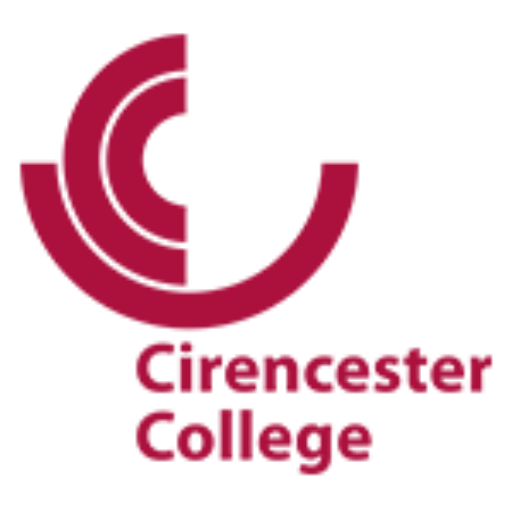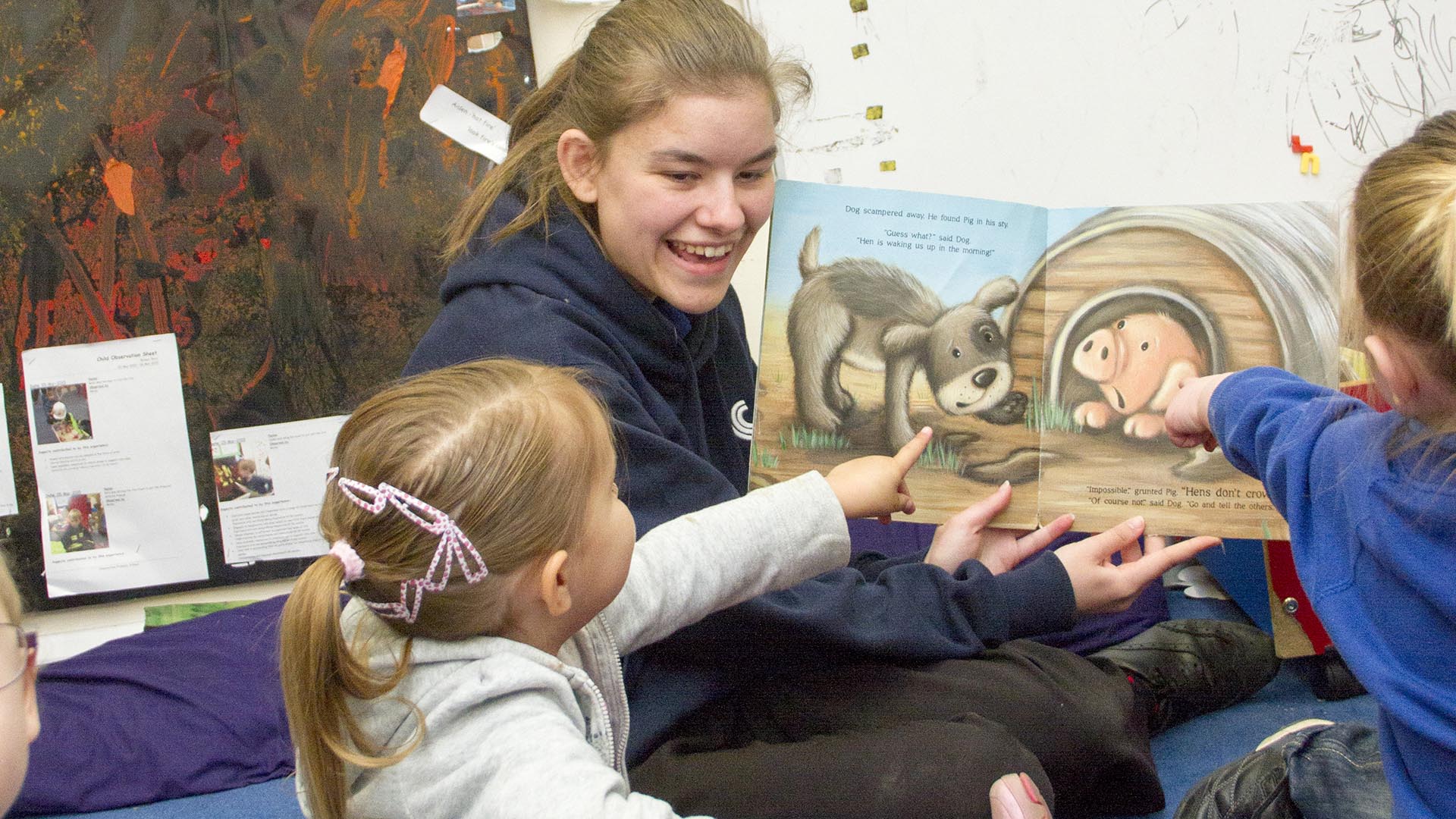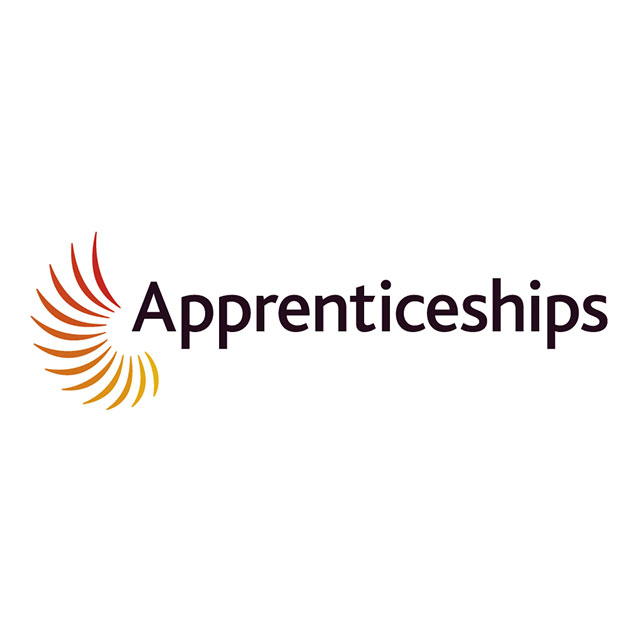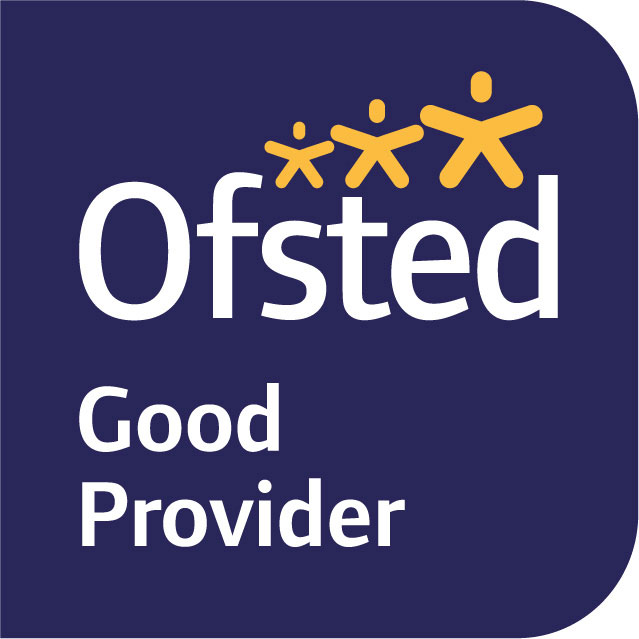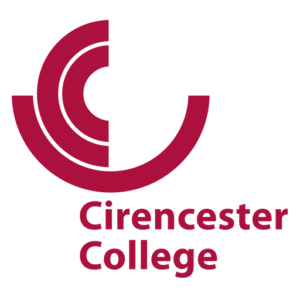DO NOT DELETE OR EDIT THIS ROW OR ITS CONTENTS

English Language and Literature is a course designed to inspire a love of reading, analysing and writing the written and spoken word. In the classroom and beyond, we are interested in ‘how texts work’; an approach that will support you not just in your study of this course but across all programmes. We believe that all language is valuable to us as literary critics and linguists; the text from an online Blog is just as valuable to us as a published novel or play. Not only does this course cover reading skills but creative writing and original writing too. We teach and inspire our students to become authors and journalists. We promote reading for pleasure every day and when possible, visit the theatre to see the latest productions. Language and Literature A-level is ideally suited to students who enjoy both elements of the English curriculum at GCSE; the dual study approach fosters a rich appreciation of how texts are crafted and work to suit their audiences, purposes and contexts. This course has obvious benefits for students intending to enter Higher Education, as close analysis of texts and excellent reading and writing skills are key success criteria for a host of degree-level subjects. Beyond education, students employed in all industries will benefit from the ability to understand the language we speak (and read and write) in precise detail, making them perceptive communicators who are enabled to interact with those around them.
What will I study in English Language & Literature A-level?
You will study a wide range of texts from different genres. We will cover fictional writing in the three forms of poetry, prose and drama, as well as non-fictional written and spoken texts.
Our set texts are:
The Great Gatsby by F. Scott Fitzgerald (novel)
A Streetcar Named Desire by Tennessee Williams (drama)
Songs of Innocence and Experience by William Blake (Poetry)
Why Be Happy When You Could Be Normal? by Jeanette Winterson (non-fiction memoir)
Students will be given a copy of the Anthology of Texts published by the exam board (OCR). The Anthology includes a wide variety of shorter texts, ranging from autobiography in graphic form (comic strip) to a transcript of Dizzee Rascal speaking on Newsnight.
Students will also study the writer's craft and learn how to produce high quality fictional writing in the form of narrative prose (a story) as well as non-fiction pieces such as blogs, memoirs and speeches.
Excitingly, students are permitted to select one 'free-choice' text (pending agreement from the exam board) to study for the NEA (non-examined assessment) Component. Recent choices have included titles such as Normal People by Sally Rooney and My Name is Why by Lemn Sissay.
Entry Requirements
At least five GCSEs at Grade 4 or above, all from the basket subjects, including a Grade 5 in GCSE English Language.
How will I learn?
Lessons in the English department are varied, engaging and designed to suit all students' needs. We read and discuss set texts in pairs, groups and as a whole class. There is always at least a short piece of writing to do in every lesson, an activity we use to ensure everyone is progressing and improving. Independent learning is encouraged, particularly with the NEA (coursework) component which we begin at the end of Year 1. Assessments take the form of written essays, creative fiction and non-fiction writing. You will be expected to read and research the set texts outside of class.
How will I be assessed?
The course is assessed by examination (80%) and NEA (20%).
The 3 examined components are as follows:
Component 1: Exploring non-fiction and spoken texts
Component 2: The language of poetry and plays
Component 3: Reading as a writer, writing as a reader
The NEA, or non-examined assessment (formerly known as coursework) is assessed internally and moderated by OCR:
Component 4: Independent study: analysing and producing texts.
Any trips?
Theatre visits are arranged.
Are there any costs involved?
You should expect some small costs for course texts, booklets and stationery.
Cirencester College offers a Bursary Scheme which may cover some of these costs. Further information can be found under Financial Support.
FAQs
All new students take part in induction lessons for the first 3 weeks of the Autumn Term. The focus is on refreshing your memories of English Language & Literature GCSE and a gradual introduction to A-level work. We allow the students to set the pace at the beginning. Teachers are friendly and approachable, so you can always let us know how you are finding the course at the start.
Yes, it does. We offer 3 A Level options in the English department and they each count as one A Level:
English Language & Literature
English Literature
English Language
Awarding Body
OCR
Available As
[56 UCAS pts. available]

Add to Application
What can I do after I have taken this course?
Available As
[56 UCAS pts. available]

Add to Application

DO NOT DELETE OR EDIT THIS ROW OR ITS CONTENTS
What the students say

”The course is so well rounded; the books and anthology are very interesting and are very different making the course super interesting at all time.
Alice Baker

